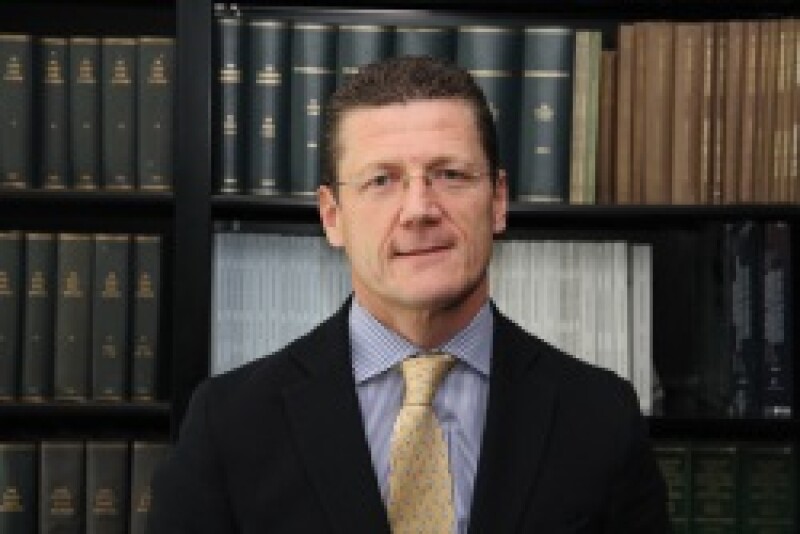
This year is the first INTA Annual Meeting outside Asia.
But not the last one! That is one of the big shifts we wanted to bring to INTA. This is the first time we have gone to Asia. It is going to be our biggest ever INTA Meeting outside of the US. In 2017 we will be going to Vienna and hopefully in 2020 we will be going back to Asia.
What are you most looking forward to in Hong Kong?
For the first time we are going to have a full Asia track as part of the program for the Annual Meeting. That means if somebody would like just to be educated on IP matters and trademark matters in Asia, they will have that option. That is an amazing thing.
Another big highlight is that for the first time we are using a language other than English. We are going to have sessions in Chinese. For example, we are going to have a session with Chinese officials talking about the changes in regulation there and I think that is a great opportunity for our international membership to know what is going on in China and also Asia in general.
A third thing I would like to highlight is that we are going to have quite a few IP offices from ASEAN countries attending. Plus, of course, you have the networking, the education and the social element of course, which is very nice as well.
How did you end up at INTA?
I was in private practice many years ago in different Spanish and international law firms, always dealing with IP and with competition law. Then I moved to OHIM (Office for Harmonization in the Internal Market) and spent 15 years there.
What are some of the challenges and achievements in your first year as CEO?
One of the important things that happened last year was we approved the Strategic Plan 2014-2017. That is about protection of trademarks, internationalization, communication and service to our members. One of the big challenges is to translate the Strategic Plan into specific projects and initiatives to ensure we accomplish what we approved.
INTA is a very strong association. But the world is changing and we need to permanently adapt to those changes. That means that we need to prepare the association for the future. This can only be achieved through a solid foundation in terms of management and resources, sustainability and systems and processes.
And of course we are a brand owners’ association and this means protecting trademarks and related rights around the world through strong advocacy, communication, partnership and service to all our members.
This year we started with a trip to India, where we met with different officials. More recently, INTA President Mei-lan Stark and myself went to China and to Japan where we met with officials. Now we are having the Annual Meeting in Hong Kong. Later this year, we are planning on going to Latin America. We are trying to cover all the different regions of the world.
Tied in with that, you have created eight Global Advisory Councils. What was the reason for that?
As part of its commitment to be truly global INTA has created eight different Global Advisory Councils, six of them being regional and two being country specific: one for India and one for China. We used to have Regional Councils. They were composed of people from that region who were sitting as chairs or co-chairs of the various subcommittees. I had the opportunity last year in Dallas to attend some of those councils. I found them very interesting, I thought they had great potential, but I found them a little too informal. I got the sense that not everybody was participating and the information stayed within that council.
We felt there was a great opportunity but we needed to make sure first that these councils advise us and that all the information from the councils reaches all the membership. That’s why we moved from regional to global councils because the purpose is to advise the INTA president as well as the INTA CEO in three areas: advocacy in that region; how to get more corporate members in that region; and communicating better about what is going on in that region. Those Advisory Councils will meet four times a year: they have phone calls in February and September, and meet face to face during the Annual Meeting and during the Leadership Meeting. The work of these councils is then shared with all members via the Global Report. In April we issued the first Global Report, which looks at what is happening in the different regions of the world.
There is a great potential within INTA and we need to develop that potential. This is why we are reviewing some of our processes and reviewing how we are organized internally to see how we can cope with that demand.









